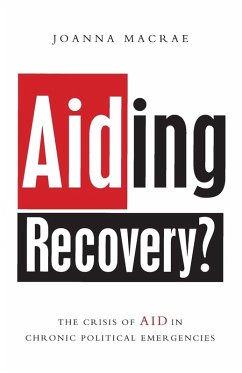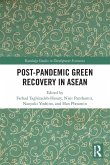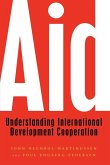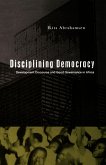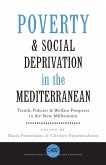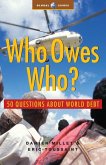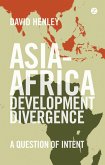Worldwide more and more governments have begun to buckle under a variety of strains, including the ongoing pressures of economic crisis, followed by structural adjustment programmes, and the impact of declining legitimacy, often resulting in the outbreak of civil war. In this study of aid policy, Joanna Macrae argues that the disintegration of state authority and civil order has created acute problems in aid management. Largely ignored by major aid organizations, insecurity and failures of governance are now the major obstacles to aid reaching those in most need. International aid has traditionally assumed the existence of stable, sovereign states capable of making policy. In a number of developing countries, including post-conflict regimes like Cambodia, Uganda or Kosovo, this is no longer the case. The big donor agencies have usually responded by suspending development aid and substituting some kind of emergency or relief assistance. Now, as the author shows, there are calls to make relief more development-oriented and for it to address the underlying conflicts which causes these crises. But she concludes from her investigations on the ground in a number of countries that relief and development aid are very distinct processes. In the absence of public policy-making authorities, aid becomes highly fragmented, often inadequate in scale, and certainly not capable of building local sustainability for particular programmes. The international aid system, she concludes, faces real dilemmas and remains ill-equipped to respond to the peculiar challenges of quasi-statehood that characterize chronic political emergencies and their aftermath.
Bitte wählen Sie Ihr Anliegen aus.
Rechnungen
Retourenschein anfordern
Bestellstatus
Storno

